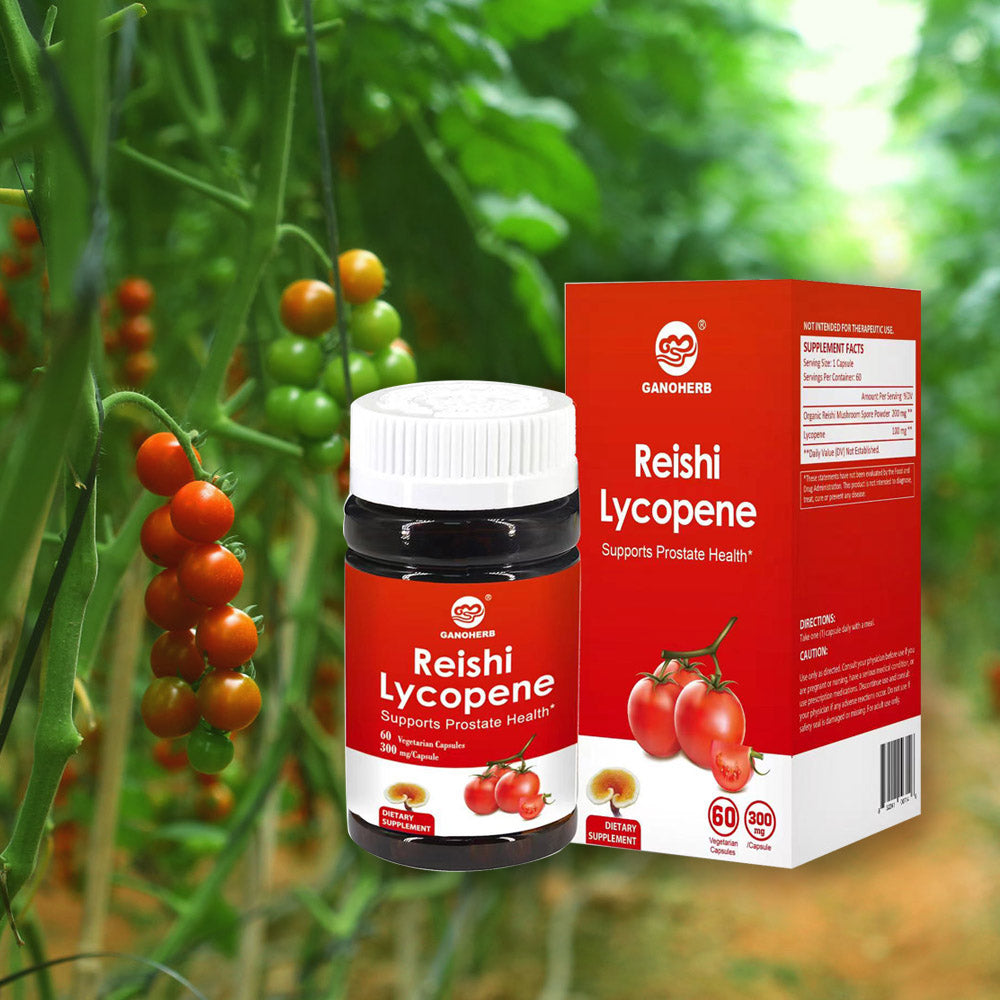Hermès Uses Lingzhi Mushroom for Travel Bags? This Eastern "Immortal Herb" is More Fashionable Than You Think
Can you imagine it? Lingzhi mushroom, a revered "immortal herb" in the East, is now being used by the luxury house Hermès as a material for travel bags.

This innovation stems from a collaboration between Hermès and Philip Ross, a West Coast American artist and scientist. For decades, starting as early as the 1990s, Ross has explored mushrooms as a medium for artistic creation, developing a deep connection with lingzhi.
Ross discovered that specially cultivated lingzhi mycelium can form a dense, sturdy network. Once dried, this material becomes tough and leather-like, yet is lighter and embodies a more eco-conscious approach. This discovery led to his collaboration with Hermès, resulting in the development of this groundbreaking sustainable material.
In Eastern cultures, however, the value of lingzhi has been recognized for millennia.

Eastern Lingzhi: From Imperial Tribute to Wellness Treasure
In traditional Chinese culture, lingzhi is celebrated as the "divine herb" or "auspicious herb," symbolizing good fortune, vitality, and longevity. It was historically regarded as a substance that could support well-being and vitality.
Ancient rulers prized lingzhi, viewing its presence as a sign of their virtuous rule. Emperor Wu of Han, for instance, once issued a general pardon after a lingzhi mushroom was found growing in his palace.
In the Shennong's Herbal Classic, an ancient text on herbal, lingzhi is classified as a superior herb, noted for its traditional uses in supporting wellness and mental clarity.
Li Shizhen's "Compendium of Materia Medica" records lingzhi as being mild and supportive to the body, suggesting its long-term use contributes to overall vitality.
This profound cultural heritage has given lingzhi an irreplaceable status within Eastern wellness traditions.
Modern Applications of Lingzhi: Expanding Cultural Boundaries
Today, the story of lingzhi continues to evolve, finding new expressions that bridge tradition and innovation:
In Wellness Cultures: The deep-rooted cultural belief in lingzhi's role in wellness traditions has led to its availability in various modern formats, allowing individuals to incorporate this piece of Eastern heritage into their daily routines in ways that suit contemporary lifestyles.

In Skincare Rituals: Drawing on its historical status as a precious botanical, lingzhi extract has found a place in the world of high-end cosmetics. It is valued as a natural ingredient that aligns with the growing consumer desire for plant-based and culturally rich skincare experiences.
In Material Science: As highlighted by the Hermès collaboration, lingzhi mycelium is at the forefront of sustainable material innovation. Researchers are exploring its potential as a viable leather alternative and protective packaging, offering eco-friendly solutions for various industries.
In the Culinary World: The cultural significance of lingzhi has inspired its inclusion in modern food and beverage creations, such as specialty coffees and teas. These products often celebrate the traditional story of lingzhi, making it a topic of conversation and cultural appreciation.

From an Eastern treasure to an innovative material in Western luxury, the journey of lingzhi demonstrates a fascinating fusion of tradition and modernity. As a national brand with 36 years of dedication to the lingzhi industry, GANOHERB is inspired by these new horizons. We are committed to exploring and sharing the profound depth of Chinese lingzhi culture with the world, honoring its past while embracing its future possibilities.
These statements have not been evaluated by the Food and Drug Administration. This product is not intended to diagnose, treat, cure, or prevent any disease.











